CONFERENCE EVENT REPORT
Conference Location: KAUST Campus - Building 19, Level 3
Registration for this conference has closed.
Abstract submissions for this conference has ended.
This Nature Conference examines how energy metabolism in the brain impacts neurological function and disease. Recent technologies have expanded our understanding of metabolic processes among neurons, glia, and other brain cells, as well as the brain's role in whole-body metabolic homeostasis.
Over 20 leading experts investigating brain metabolism across multiple disciplines will convene to share findings and exchange ideas that are advancing this critical field.
Topics covered include:
• Research connecting neuroscience, metabolism, and systems biology
• Mechanisms of brain-periphery communication in energy regulation
• Fundamental aspects of brain metabolism and its implications for neurological diseases
• Methods for studying metabolic dynamics in the brain
• Collaborative approaches to solving complex questions in brain metabolism
This conference provides a platform for meaningful scientific exchange and networking with researchers driving progress in brain metabolism research. Join us in Saudi Arabia for this opportunity to connect with the global scientific community advancing our understanding of brain energy metabolism in health and disease.
Event details
Speakers

Aiman Saab
University of Zürich, Switzerland

Alejandro San Martín
Universidad San Sebastián, Chile

Ángeles Almeida
Consejo Superior de Investigaciones Científicas (CSIC), Spain
Angeles Almeida is Full Professor at the Institute of Functional Biology and Genomics (IBFG, CSIC, Spain) and Deputy Director at the Institute of Biomedical Research of Salamanca (IBSAL, Spain). She studied Pharmacy and got her Ph.D. in Biochemistry and Molecular Biology at the University of Salamanca (USAL, 1993). She made a postdoc period at the Institute of Neurology (London, UK), funded by the Welcome Trust, where she started working on the role of mitochondrial function and brain damage on stroke. After a second postdoc at the USAL, funded by the Spanish Ministry of Science, she joined the University Hospital of Salamanca as a Senior Researcher of the National Health System (2000) to lead her independent research group. In 2011, she moves to the IBSAL, and, in 2020, she was recruited by CSIC (IBFG), where she became a CSIC Senior Researcher and then a Full Professor (2025). She leads the Molecular Neurobiology group at IBFG and IBSAL focused on the study of cellular and molecular mechanisms involved in brain damage and repair after stroke and in neurodegenerative diseases (Alzheimer's disease). We try to identify molecular targets for application in the development of new therapies and/or biomarkers of the functional prognosis of patients suffering these neurological disorders.

Anne-Karine Bouzier-Sore
University of Bordeaux, France
Anne-Karine Bouzier-Sore is a biochemist and biophysicist working in the field of brain metabolism. She is studying the metabolic interactions between astrocytes and neurons and in particular the importance of the astrocyte-neuron lactate shuttle (ANLS) to support brain functions. She mainly takes advantage of NMR spectroscopy (MRS) as well as MRI for her explorations. Using 13C-labeled substrates, she demonstrated that lactate is a preferential oxidative substrate for neurons over glucose. Recently, using functional MRS and MRI, she confirmed the importance of astrocytic lactate to support brain activity in vivo.

Blanca Díaz Castro
University of Edinburgh, Scotland
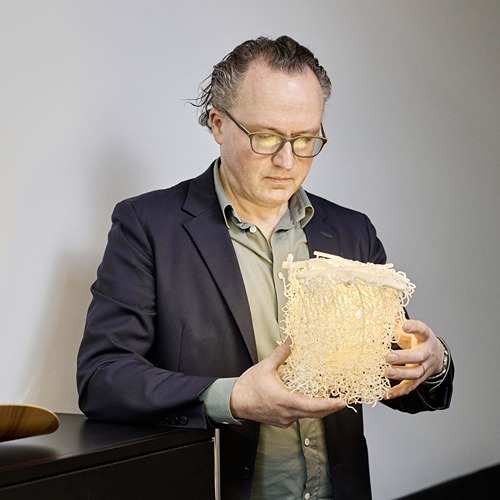
Bruno Weber
University of Zürich, Switzerland

Carmen Sandi
École Polytechnique Fédérale de Lausanne (EPFL), Switzerland

Cristina Alberini
New York University, USA
Cristina Maria Alberini is an Italian neuroscientist who studies the biological mechanisms of long-term memory. She is a Professor in Neuroscience at the Center for Neural Science in New York University, and adjunct professor at the Departments of Neuroscience, Psychiatry, and Structural and Chemical Biology at the Icahn School of Medicine at Mount Sinai in New York.
Her research focuses on understanding the cellular and molecular mechanisms underlying the stabilization, storage, and consolidation of long-term memories. Another part of her research involved the study of memory retrieval and reconsolidation.
In 2017 she was elected to the Dana Alliance for Brain Initiatives and awarded the Lombardy Region Rosa Camuna Award in 2019. In 2022 she was appointed as a Member of the American Academy of Arts and Sciences.

Cristina García-Cáceres
Helmholtz Munich, Germany
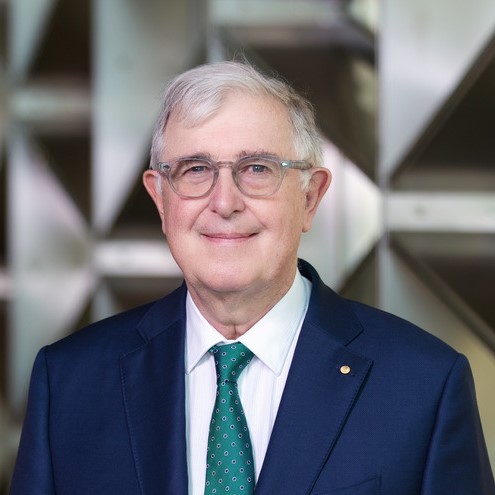
Sir Edward Byrne
King Abdullah University of Science and Technology (KAUST), Saudi Arabia
Before KCL, Professor Byrne was president and vice chancellor of Monash University in Australia from 2009 to 2014, where he elevated Monash’s global rankings into the top 100 universities worldwide.
He earned his medical degree from the University of Tasmania and trained as a neurologist in Adelaide and London. He is a fellow of the Royal Australasian College of Physicians, the Royal Colleges of Physicians of London and Edinburgh, and the American Academy of Neurology. He is a member of a number of learned academies including the Academy of Sciences in the UK and the Australian Academy of Science, Technology and Engineering.
Professor Byrne has received numerous honours, including the AO (Office r of the Orde r of Australia) in 2006, the AC (Companion of the Order of Australia) in 2014, and a Knighthood in the Queen’s Birthday Honours in 2020.

George Brooks
University of California, Berkeley, USA

Gesine Saher
Max Planck Institute Göttingen, Germany
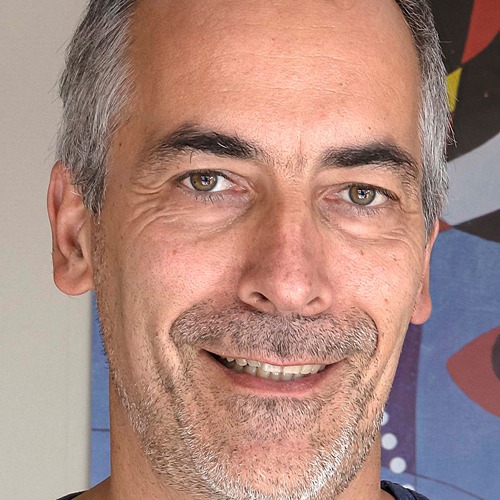
Gilles Bonvento
CNRS Paris, France

Giovanni Marsicano
University of Bordeaux, France

Gulcin Pekkurnaz
University of California, San Diego (UCSD), USA
Gulcin Pekkurnaz is an Associate Professor of Neurobiology at the University of California San Diego. She received her undergraduate degree from Ankara University, completed her PhD training at the National Institutes of Health, and pursued post-doctoral studies in the Department of Neurobiology at Harvard Medical School. The Pekkurnaz Laboratory investigates the molecular mechanisms that regulate metabolic homeostasis in the nervous system. By examining how neuronal metabolism interfaces with mitochondrial function, nutrient selectivity and pathway-specific signaling in different neuronal subtypes, the laboratory aims to uncover how metabolic regulation shapes neuronal function and how its disruption contributes to neurological disease.
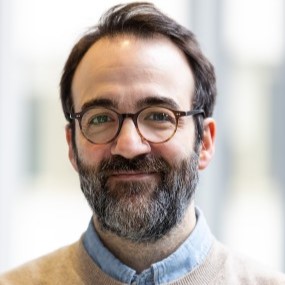
Jaime de Juan-Sanz
Paris Brain Institute, France

Joshua Rabinowitz
Princeton University, USA
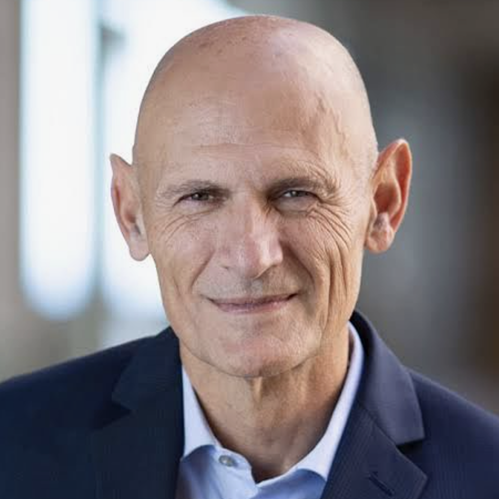
Juan C. Izpisua Belmonte
Altos Labs, USA
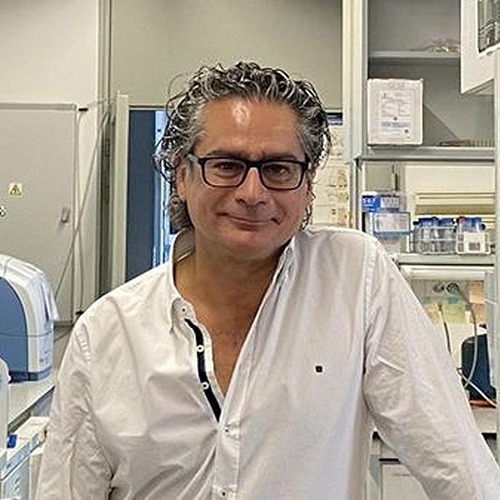
Juan Pedro Bolaños
Universidad de Salamanca, Spain

Klaus-Armin Nave
Max Planck Institute Göttingen, Germany
Klaus-Armin Nave obtained a PhD in Neuroscience from UCSD in 1987 followed by postdoctoral training at the Salk Institute in La Jolla. In 1991, he returned to Germany as an independent research group leader at the Center for Molecular Biology (ZMBH) of the University of Heidelberg and was promoted to Full Professor in 1997. In 1999, he became Director of the Department of Neurogenetics at the Max Planck Institute in Göttingen (MPI-EM/MPI-NAT). His research focusses on the axonal control of myelination, glial support of axonal energy metabolism and the role of oligodendrocytes in neurodegenerative diseases.

L. Felipe Barros
Universidad San Sebastián, Chile

Leena Ibrahim
King Abdullah University of Science and Technology (KAUST), Saudi Arabia
Professor Leena Ali Ibrahim leads the Neurocircuits Lab investigating how sensory experience and development shape inhibitory circuits in the brain. She earned her Ph.D. in Neuroscience from the University of Southern California, U.S., and completed postdoctoral training at Harvard Medical School, U.S., where she studied the development and function of cortical circuits. In 2022, she was named a Next Generation Leader by the Allen Institute, recognizing her as one of a distinguished group of early-career neuroscientists guiding cutting-edge research in brain science.

Manu Goyal
Washington University School of Medicine, USA

Maribel Rios
Tufts University, USA
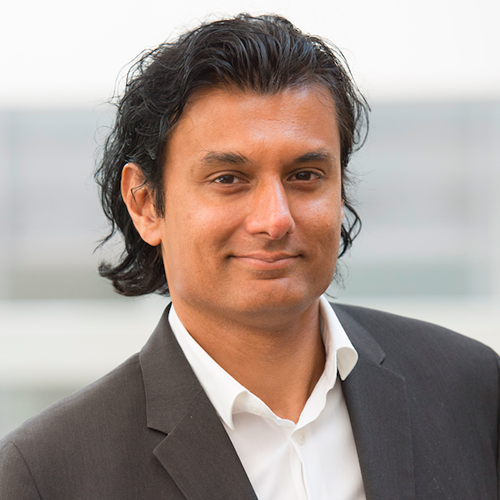
Navdeep Chandel
Northwestern University, USA
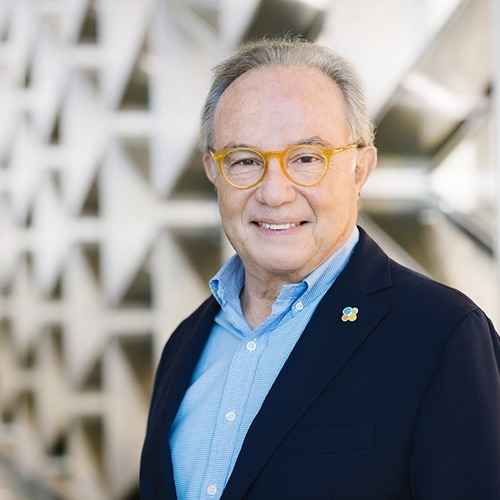
Pierre J. Magistretti
King Abdullah University of Science and Technology (KAUST), Saudi Arabia
Pierre J. Magistretti received his MD in 1979 from the University of Geneva and his PhD in Biology in 1982 from UCSD. He is Professor Emeritus at the Brain Mind Institute at EPFL and in the Departments of Psychiatry at the University of Lausanne and the University of Geneva. He is also a Distinguished Professor in the Division of Biological and Environmental Sciences and Engineering at KAUST, where he was Dean from 2012 to 2020 and Vice President of Research since 2022.
Magistretti’s laboratory has discovered some of the cellular and molecular mechanisms that underlie the coupling between neuronal activity and energy consumption by revealing the key role of glial cells, particularly astrocytes, in this physiological process. These findings are especially relevant for understanding the origin of the signals detected by functional brain imaging and are revealing a role for astrocytes in neuronal plasticity and neuroprotection.
He is the author of over 300 publications in international peer-reviewed journals; he regularly appears on the Clarivate list of highly cited scientists, with an h-index of 119 and over 64,000 citations. He has given over 90 invited lectures in the past five years.
He held the International Chair at the Collège de France, Paris, from 2007 to 2008. In 2021, he was elected a Foreign Member of the Accademia Nazionale dei Lincei, the oldest academy in Europe (founded in 1603). He is a member of Academia Europaea, the Swiss Academy of Medical Sciences, and the Norwegian Academy of Sciences and Letters.
Among other recognitions, Magistretti has been awarded the Camillo Golgi Medal Award, the Emil Kraepelin Professorship, the Goethe Award of the Canadian Psychological Association, the Ott Prize of the Swiss Academy of Medical Sciences, and the IPSEN Foundation Prize.
Magistretti is an honorary member of the Chinese Association of Physiological Sciences and a Fellow of the American College of Psychopharmacology. He is the Past President of the Federation of European Neuroscience Societies (FENS) and Past President of the International Brain Research Organization (IBRO).
He served on the Board of Trustees of the Human Frontiers Science Program Organization from 2003 to 2020. He is and has been a member of several academic scientific advisory boards, including the Research Council of the Swiss National Science Foundation.
He is the co-founder of two start-up companies based on his research in Switzerland, LynceeTech and GliaPharm, and one in KSA, NoorDx.
He is the co-author of three books on the links between neuroscience and psychoanalysis. In 2024, he published the best-selling book Ammon's Horn, or The Mystery of the Brain: A Novel, written with his wife, Christine Magistretti.

Reyna Hernandez Benitez
Altos Labs, USA

Sabrina Diano
Columbia University, USA

Stefanie Schirmeier
Technische Universität Dresden, Germany

Vincent Prevot
INSERM Lille, France
Short Talks

Charles Finsterwald
Gliapharm, Switzerland
Dr. Charles Finsterwald is the co-founder and Chief Scientific Officer (CSO) of GliaPharm, a Swiss biotechnology company developing innovative therapeutics for neurological diseases. A neuroscientist by training, Dr. Finsterwald specializes in molecular, cellular and cognitive neuroscience. He holds a PhD in neuroscience from the Lemanic Neuroscience Doctoral School in Switzerland, where he investigated the role of neurotrophic factors in brain development. Dr. Finsterwald pursued postdoctoral research in Prof. Cristina Alberini’s laboratory at New York University, studying how stress influences memory consolidation, from physiological to pathological states.
Dr. Finsterwald then joined Prof. Pierre Magistretti’s laboratory at the Ecole Polytechnique Fédérale de Lausanne (EPFL, Switzerland), where he focused on astrocytic metabolism as pioneering therapeutic target in neurological disorders. This research led to the discovery of novel classes of compounds and the founding of GliaPharm in 2016. Beyond his scientific work, Dr. Finsterwald has training in project and venture management, including advanced studies at NYU and specialization in startup and biotechnology management at EPFL.

Imen Belhaj
University of Oslo, Norway
Imen Belhaj is a PhD fellow in neuroscience at the University of Oslo. Her research focuses on how lactate-driven metabolic signaling regulates synaptic resilience, autophagy and neuroinflammation in Alzheimer’s disease models, with the aim of identifying new therapeutic strategies to preserve memory and neuronal health.
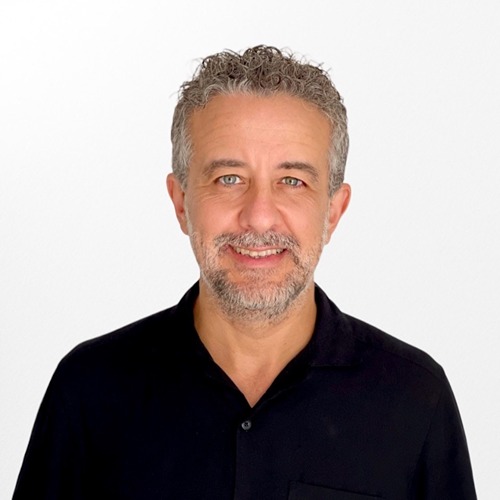
Jordi Duran
IQS Barcelona - Universitat Ramon Llull, Spain
Jordi Duran, PhD (www.drjordiduran.com), is a Principal Investigator at IQS Barcelona - Universitat Ramon Llull, where he leads a of the Brain Metabolism research group focused on brain glycogen metabolism and its role in neurodegenerative diseases. His work explores how glycogen dynamics in neurons and astrocytes influence normal brain function and contribute to pathologies such as Lafora disease or Alzheimer's disease.
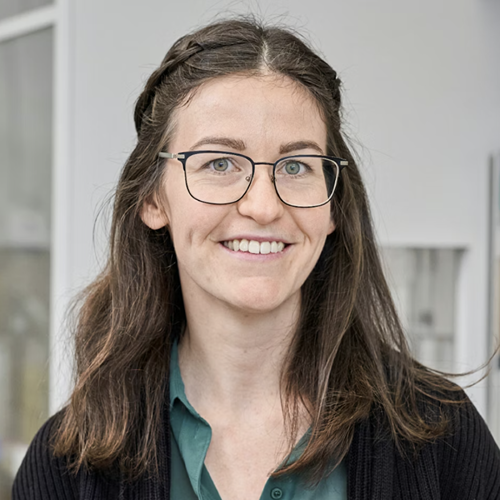
Rachel Meister
University of Zurich, Switzerland
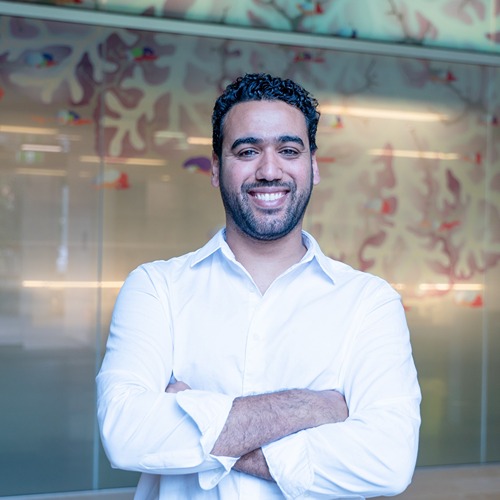
Saber Abdelkader
The University of Queensland, Australia
Dr. Saber H. Saber is a Postdoctoral Research Fellow at the Queensland Brain Institute (QBI), where his work focuses on neuronal lipid metabolism and its role in synaptic function and neurodegeneration. His research investigates how enzymes such as DDHD2 generate saturated free fatty acids to support mitochondrial energy production, protein myristoylation, and neuronal plasticity. Building on his PhD discoveries in mitochondrial dysfunction and lipid-driven rescue strategies, Dr. Saber’s postdoctoral work integrates advanced super-resolution imaging, metabolic flux assays, and multi-omics approaches to uncover how metabolic defects contribute to neurological disorders, including hereditary spastic paraplegia and cognitive decline.

